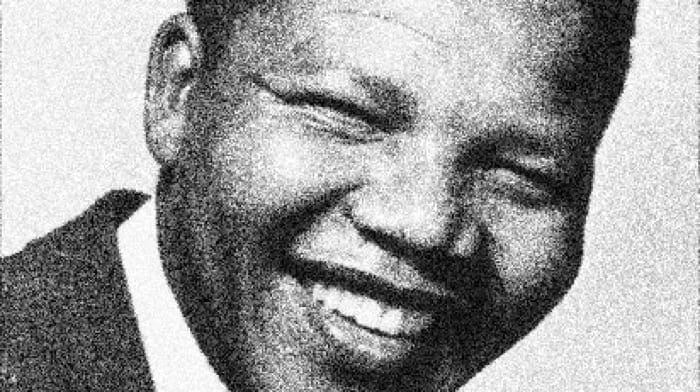If you want to be heard by your opponents, speak their language.

He learned the hard way.
Nelson Mandela taught us much about many things. One of the things he taught us is perseverance. Keep fighting for what you want, even when it takes longer than you think it should, or when you don’t get the recognition you deserve. But of all the things he taught us, what most caught the world’s attention was the idea that if you want to be heard, you need to speak the language of your opponent.
Speak the language of your opponent.
One of the quotes Nelson Mandela is best known for is:
“If you talk to a man in a language he understands, that goes to his head. If you talk to him in his own language, that goes to his heart.”
It’s a wonderful quote, even though this popular version is a misquote, as famous quotes often are. Still, it gets at something powerful. What he actually said, from prison, in 1978, was:
“Precisely because Afrikaans is the language of the oppressor we should encourage our people to learn it, its literature and history and to watch new trends among Afrikaner writers. To know the strength and weakness of your opponent is one of the elementary rules in a fight.”
Know your opponent.
When you speak, especially if you are saying something essential, you will often meet with opposition. Should you give up? By no means! Fight for what is burning within you. For example: let’s say you and your partner are at odds. Maybe you’re even thinking about separating. And maybe you will separate. But before you do, if your desire is to stay together, speak your truth — in your partner’s language. Let’s say your love language is “touch.” But your partner’s love language is “acts of service.” Speak to your partner in your partner’s language if you want to be heard. This will take some practice and work on your part. But if you want to be heard, speak the language of your opponent. This is just as true in business as it is in the personal realm.
Start here.
I’ve recommended this book to you before, and here is a small section from that book that gets to the heart of what we are talking about here.
Focus on interests…
Consider Mary Parker Follett’s story of two men quarreling in a library. One wants the window open and the other wants it closed. They bicker back and forth about how much to leave it open: a crack, halfway, three-quarters of the way. No solution satisfies them both.
Enter the librarian.
She asks one why he wants the window open: “To get some fresh air.” She asks the other why he wants it closed: “To avoid the draft.” After thinking a minute, she opens wide a window in the next room, bringing in fresh air without a draft.
For a wise solution reconcile interests, not positions.
This story is typical of many negotiations. Since the parties’ problem appears to be a conflict of positions, and since their goal is to agree on a position, they naturally tend to think and talk about positions— and in the process often reach an impasse.
The librarian could not have invented the solution she did if she had focused only on the two men’s stated positions of wanting the window open or closed. Instead she looked to their underlying interests of fresh air and no draft. This difference between positions and interests is crucial.
Interests define the problem.
… not positions.
Focus on Interests, not Positions
The basic problem in a negotiation lies not in conflicting positions, but in the conflict between each side’s needs, desires, concerns, and fears. Such desires and concerns are interests.
Interests motivate people; they are the silent movers behind the hubbub of positions.
Your position is something you have decided upon.
Your interests are what caused you to so decide.
The most powerful interests are basic human needs. In searching for the basic interests behind a declared position, look particularly for those bedrock concerns that motivate all people. If you can take care of such basic needs, you increase the chance both of reaching agreement and, if an agreement is reached, of the other side’s keeping to it.
Basic human needs include:
- Security
- Economic well-being
- A sense of belonging
- Recognition
- Control over one’s life
From Getting to Yes, by Fisher and Ury
Key Point
If you want to be heard, speak the language of your opponent.
Read more.
More like this?
I can help you to be heard, by learning to speak the language of your opponent.
I'm here to help you focus, overcome resistance, and get moving again.

